
New Research Finds 40–50% of Colon Cancer Cases Can Be Prevented by Doing These Simple Things
Colon cancer, also known as colorectal cancer, is the third most common cancer worldwide and a leading cause of cancer-related deaths. While it can affect both men and women, the risk increases significantly after the age of 50. However, recent research brings a hopeful message: 40–50% of colon cancer cases can be prevented by adopting a few simple lifestyle changes. This discovery could save millions of lives and reduce the burden on healthcare systems around the globe.
The study, conducted by leading researchers in nutrition, oncology, and public health, found that diet, exercise, screening, and healthy habits play a critical role in reducing colon cancer risk. Unlike genetic factors, which we cannot control, lifestyle factors are within our reach, making prevention a powerful tool.
One of the most important steps in preventing colon cancer is eating a healthy, fiber-rich diet. Fiber helps keep the digestive system functioning properly and reduces inflammation in the colon. Diets high in fruits, vegetables, whole grains, legumes, and nuts have been linked to a lower risk of colorectal cancer. On the other hand, diets rich in processed meats, red meat, and low in fiber have been associated with increased risk. Limiting or eliminating processed foods and sugary drinks can also make a significant difference.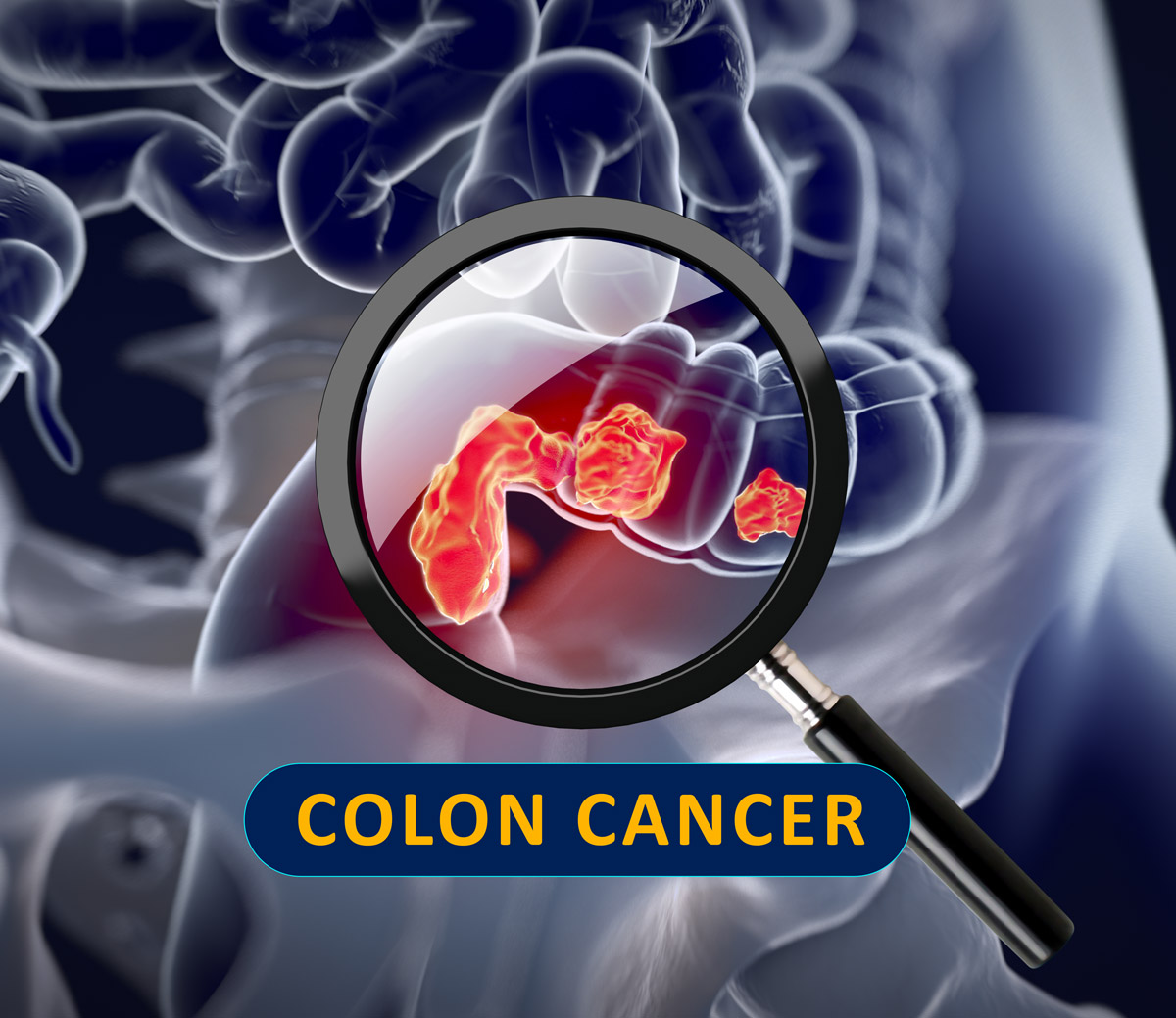
Another simple but effective action is to stay physically active. Regular exercise helps regulate digestion, reduces inflammation, boosts the immune system, and helps maintain a healthy weight—all of which are important for reducing cancer risk. Studies show that even 30 minutes of moderate activity, such as walking, cycling, or swimming, five times a week can lower the risk of colon cancer by a significant percentage.
Routine screening is another crucial preventive measure. Colon cancer often develops slowly over several years, and early stages may show no symptoms. Screening tests, such as colonoscopies, can detect precancerous polyps before they turn into cancer. Removing these polyps in time can prevent the disease altogether. Most health experts recommend starting screening at age 45 or earlier if there’s a family history of colorectal cancer.
In addition to diet, exercise, and screening, avoiding smoking and limiting alcohol consumption are simple lifestyle changes that greatly reduce colon cancer risk. Smoking introduces harmful chemicals into the bloodstream, which can damage the colon lining. Excessive alcohol intake has also been shown to increase the risk of various cancers, including colorectal cancer. Cutting back on or eliminating these habits can drastically improve overall health.
Another important factor is maintaining a healthy body weight. Obesity is a known risk factor for many types of cancer, including colon cancer. Losing excess weight through a balanced diet and regular exercise can help prevent the disease.
What makes this research especially encouraging is that these recommendations are not extreme or complicated. They are practical and achievable by most people. It shows that small, consistent actions in daily life can have a major impact on preventing a serious illness.
In conclusion, the discovery that 40–50% of colon cancer cases can be prevented is a powerful reminder that prevention is possible. By eating a healthy diet, staying active, getting regular screenings, and avoiding harmful habits like smoking and excessive drinking, we can take control of our health. Colon cancer is a serious threat, but these simple lifestyle changes offer a clear path to a healthier future. It’s time for more people to be aware of this research and take action—because prevention truly is better than cure.
News in the same category


12 everyday habits that quietly raise your stroke risk

Drink this before bed to balance blood sugar & stop nighttime bathroom trips!

Doctors reveal that consuming bananas at 11 am causes in
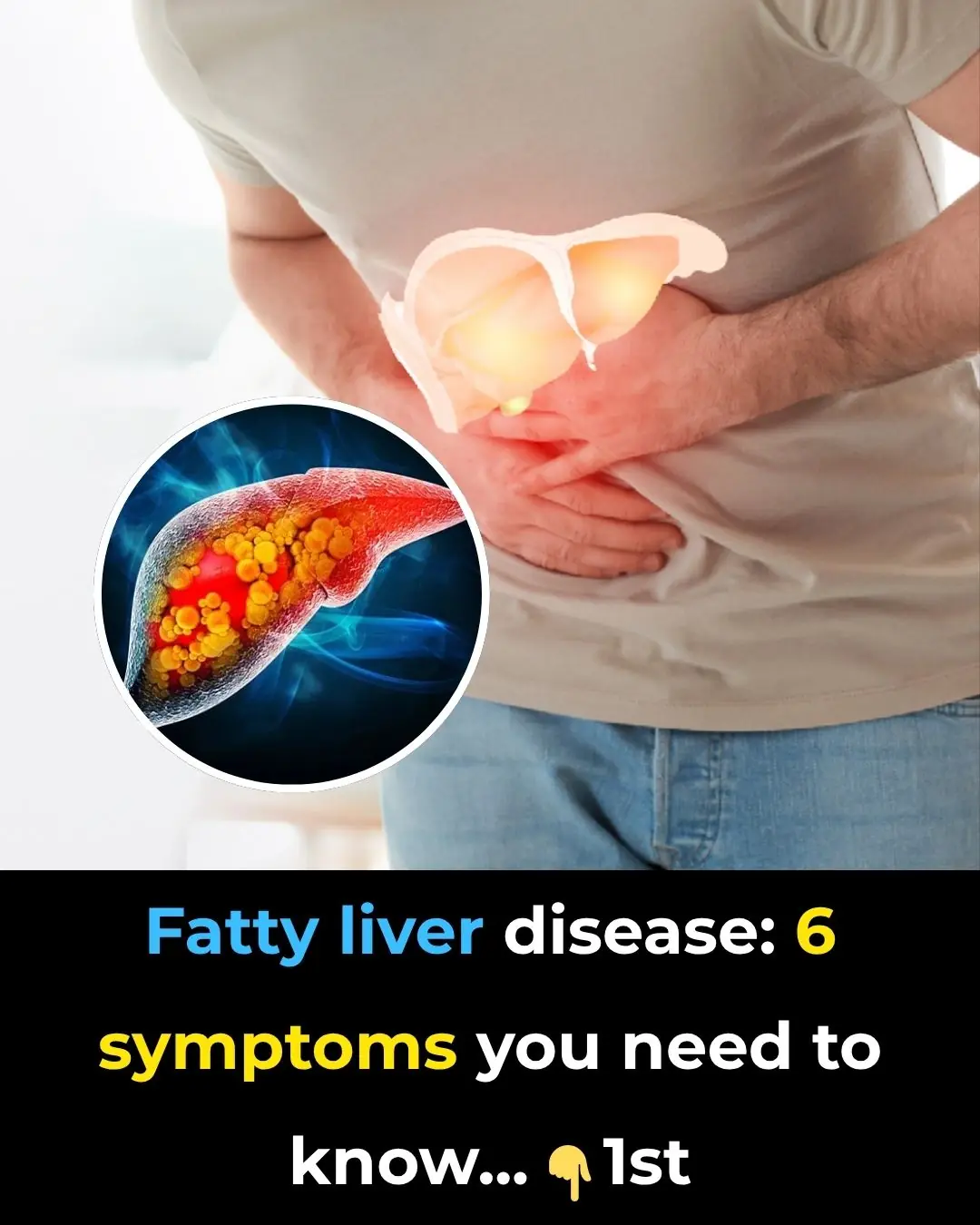
Fatty liver disease: 6 symptoms you need to know

The Mystery Behind Sudden Sharp Chest Pains Has Finally Been Solved

10 Unusual Foot Symptoms That May Indicate Diabetes

Eat This Seed and Watch Your Vision Improve — Especially After 60!
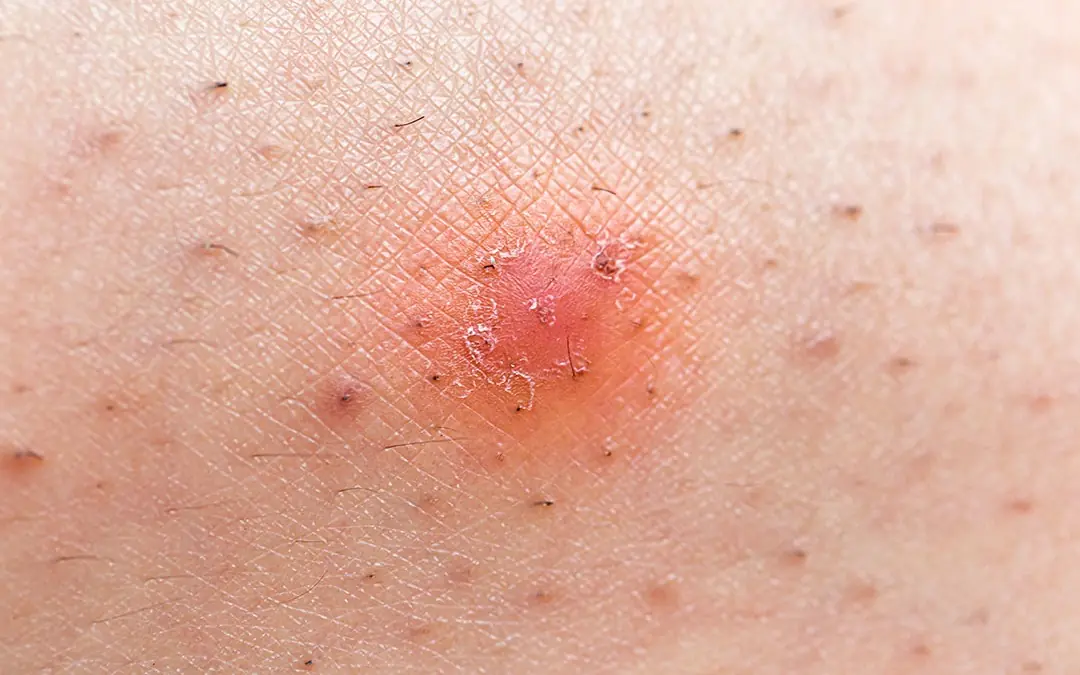
Why You Should Never Ignore a Bump on Your Inner Thigh and How to Get Rid of It
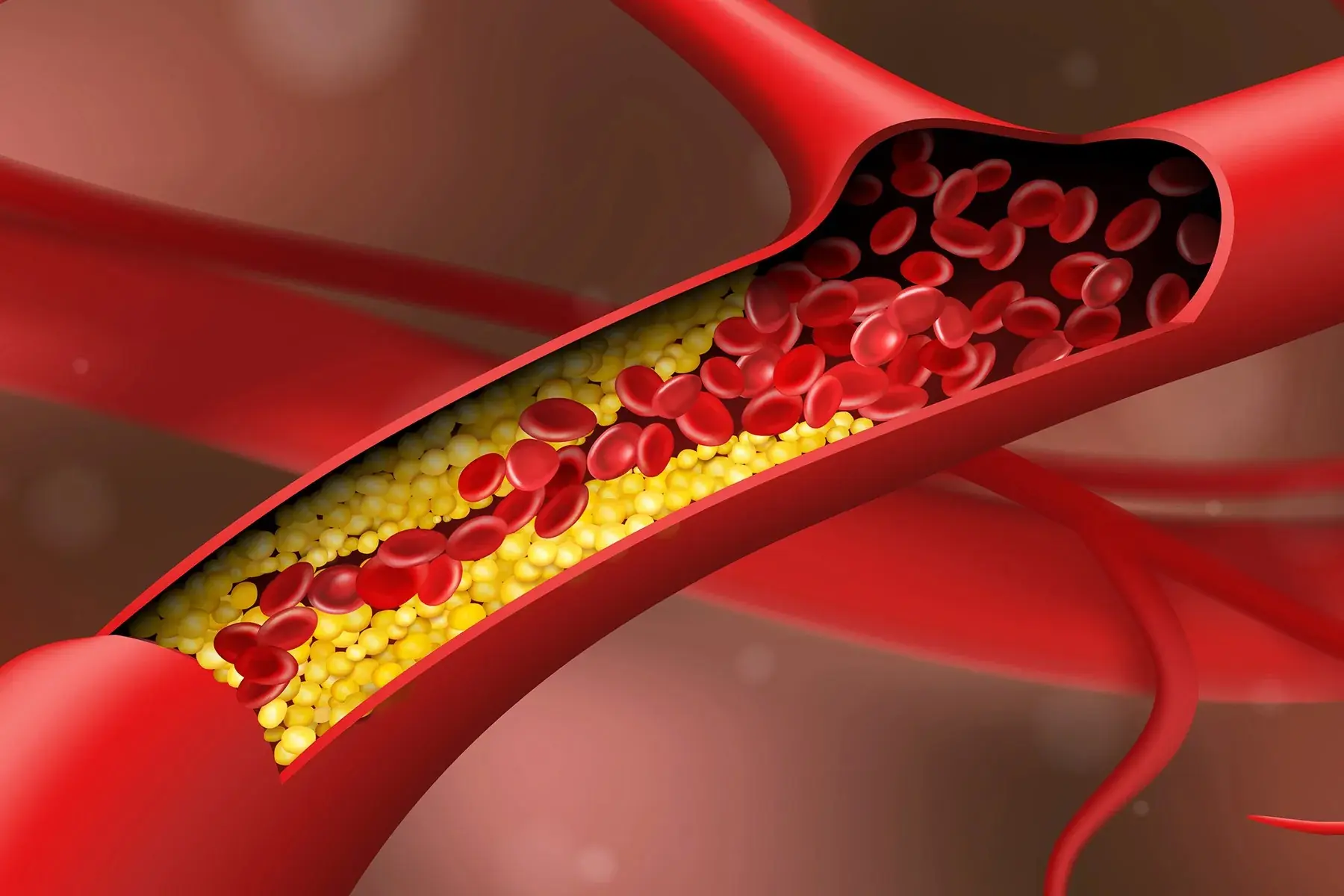
CLOGGED ARTERIES TRIGGER HEART ATTACKS AND STROKE EAT THIS TO HELP UNCLOG YOUR ARTERIES
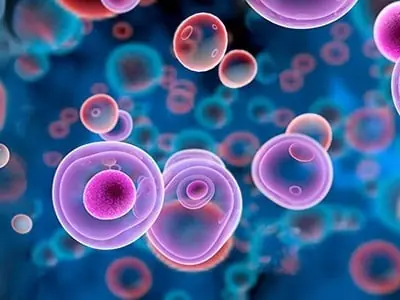
How Water Fasting Triggers Powerful Cellular Healing and Reveals Surprising Long-Term Benefits

5 Hidden Signs Cataracts Are Already Affecting Your Eyes (and How to Stop Them After 60)
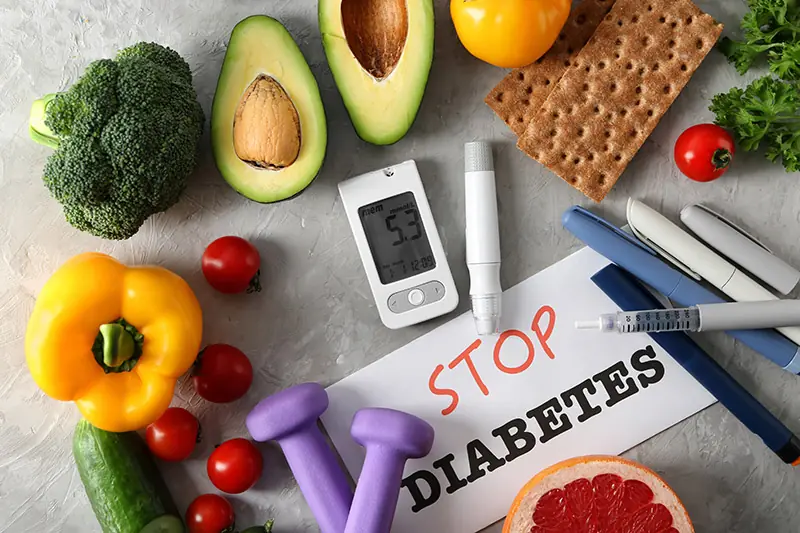
90% of Diabetes Cases Could End If You STOP These Foods

Drink One Cup Daily of Mullein Tea to Cleanse Your Lungs of Phlegm and Toxins

Agmatine: A Little-Known Nutrient for Fibromyalgia and Nerve Pain
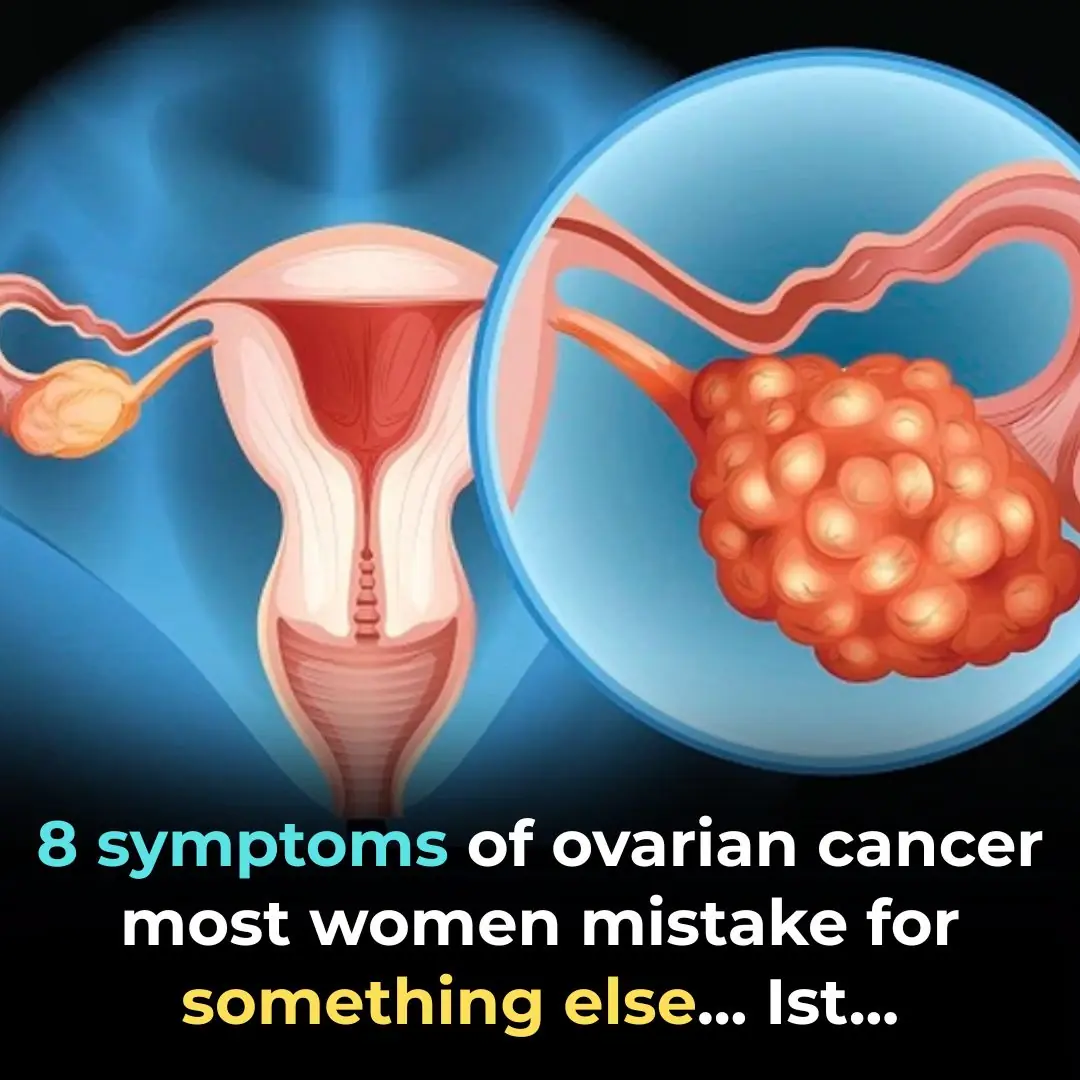
Top 8 Warning Signs of Ovarian Cancer Women ABSOLUTELY Need to Know

Visible Veins Explained: Normal Causes, Health Risks, and When to Worry

Canker Sores Are The Absolute WORST…Here’s How To Get Rid of Them Fast!

5+ Things Your Feet Can Reveal About Your Health (That You Shouldn’t Ignore)
News Post

A Gentle Giant Named Valor: The Dog Who Chose Love Over Fear

Barnie’s Long Wait: A Tale of Hope, Patience, and Unconditional Love

Willie Ortiz: The Quiet Hero Who Feeds the Forgotten

A Love That Lasts a Lifetime

A Love That Transcends Time: A Valentine’s Date Beyond Goodbye

The Bear Who Knew How to Relax.

A Simple Meal, A Profound Act of Kindness.

An Entire Dog Family Was Thrown Away — Dad, Mom, Three Daughters, and Even Grandma

This Mystery Animal Was Found by the Dumpster — Dog, Coyote, or Something In Between?

The Woman Who Rescued a “Puppy”—And Discovered She Had Raised a Wolf

Don’t Clean Your Rice Cooker with Plain Water: Use This Method to Make It Sparkling Clean in Just 5 Minutes

If you find a roll of toilet paper in your fridge, you had better know what it means

What Your Favorite Pie Says About You

Beautify with familiar ingredients available in every home

If you have nail fungus, try this natural cure; it goes away fast

12 everyday habits that quietly raise your stroke risk

Drink this before bed to balance blood sugar & stop nighttime bathroom trips!

Doctors reveal that consuming bananas at 11 am causes in

Fatty liver disease: 6 symptoms you need to know
